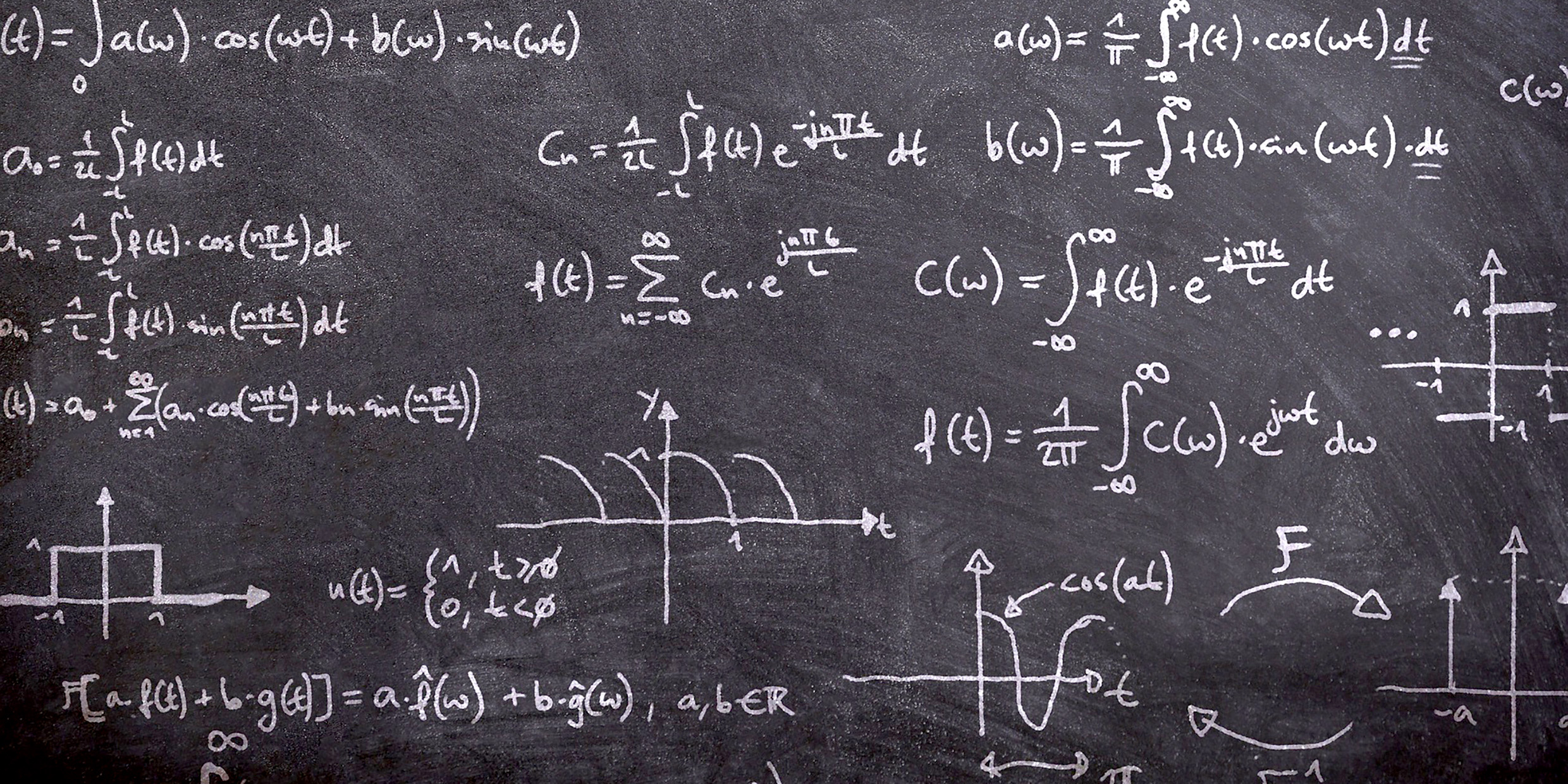Originally published 28 December 1992
If you are afflicted with math anxiety, you may not like what I’m about to say.
Our most certain knowledge of the world is mathematical. Non-mathematical knowledge is held suspect by scientists. Dependence upon mathematics as the arbiter of truth defines the modern, Western way of knowing. For better or worse, it is the source of our power, our wealth, and our physical well-being.
There it is. Take it or leave it. Math offers our best crack at figuring out what the world is all about.
And the big mystery is — no one knows what mathematics is, or why it works so unreasonably well.
Not even mathematicians.
Or the scientists who use mathematics as their language of discovery.
There are, I suppose, three possible explanations:
- Mathematics is an arbitrary invention of the human mind, like the English language or the game of chess, that has proven particularly useful for expressing patterns we observe in nature.
- Nature is itself mathematical. We learn mathematics by observing the way the world works.
- Mathematics exists as a kind of Platonic ideal, beyond and outside of nature. All reality, including mind, participates in some mysterious way in this preexisting order.
All of which is a wordy way of saying:
- We invent math.
- We discover math.
- We are math.
John D. Barrow, Professor of Astronomy at the University of Sussex in Britain, takes up the mysterious effectiveness of mathematics in his recent book, Pi in the Sky: Counting, Thinking, and Being. He takes us through the entire history of mathematics, from counting on fingers to the high-blown abstractions of theoretical physicists who use mathematics to investigate the Big Bang moment of creation.
He’s after the answers: What is math? Why does it work? Why is science up to its ears in numbers — nay, to the very tip-top of its head? Barrow’s answer: Uhhh…well…I guess…maybe…dunno.
The mystery remains.
And that, says Barrow, is the point.
His claim: “We have found that at the roots of the scientific image of the world lies a mathematical foundation that its itself ultimately religious.”
I think he’s right.
And if I were a theologian, that is exactly where I would start constructing a concept of God that is relevant to our time — with mathematics.
At first blush, the idea sounds preposterous, even blasphemous. But wait. Isn’t mathematics the most effective medium of exchange between the human mind and the cosmos? Through math we have come to know the Big Bang, the universe of galaxies, the unfolding infinities of space and time. We have plunged into the heart of matter, and explored mysteries of life and mind. Nothing else has taken us to there. Math, only math.
And we haven’t the foggiest idea why it works.
By and large, theologians still offer us the God of Michelangelo’s Sistine Chapel ceiling — a gray-bearded version of ourselves ensconced in some paltry heaven up in the sky. “Oh, don’t be silly,” they’ll protest, “the gray-bearded man is just a metaphor for something we cannot fully express.” Exactly. So why stick with a medieval metaphor that opens a gulf between science and religion, between knowing and feeling? Why not adopt a metaphor that embraces the full richness of the cosmos, a metaphor that links our minds to all that exists?
Namely, mathematics.
The human mind has evolved in response to the world in which we live, in the same way as did our senses of sight, sound, and smell. If we are mathematical creatures, it is because the world is in some deeply-mysterious sense mathematical. Call it, if you will, the mind of God. The phrase is metaphorical, but so is every other definition of God. The mathematical metaphor links us profoundly, deeply, to all of creation in a way that is totally consistent with the spirit and the substance of modern science.
That’s where I’d start, if I were a theologian.
But I’m not a theologian. I don’t even have a religion. I just know a ripping good mystery when I see one.
Of the three possible explanations for the mysterious effectiveness of mathematics, maybe all are true. Maybe we invent math. Maybe we discover it. And maybe, just maybe, we are math incarnate — to the core of our souls. Maybe, just maybe, mathematics is our glimpse of the eternal, omnipresent, creative foundation of the world. Why else does it work so astonishingly well?
Barrow may have got it exactly right: “Our ability to create and apprehend mathematical structures in the world is…a consequence of our oneness with the world. We are the children as well as the mothers of invention.”



